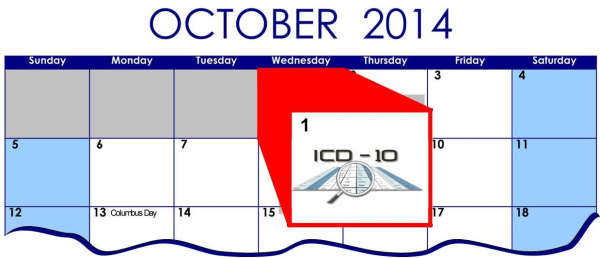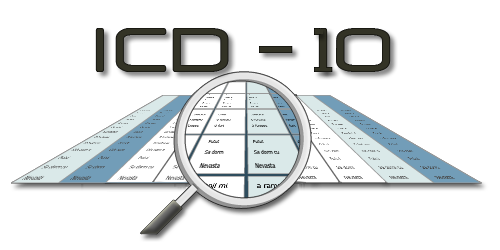MBR Take-Aways
- It’s especially important that all administrative and clinical staff receive ICD-10 training. Some staff, like physicians and coders, will require more in-depth training of the new code set.
- There are many different training options – classroom style, online courses, webinar, self-taught. Finding the correct mix of training options is important to increase overall understanding, while keeping the overall costs manageable.
- Don’t forget to calculate biller/coder/physician down time while they are in training.
This time next year, new coding changes from ICD-10 will be in its first couple weeks of implementation. While this substantial revision to the international classification of diseases is certain to create uncertainty among billers, physicians, and payers, it will also create an opportunity to develop new competencies and skills. Preparation is key to maximize your results, and it starts with your medical staff. CMS recommended steps for small to medium practices to follow to make the transition and training process go more smoothly. Developing a plan for the changeover to ICD-10 coding must be done only after a comprehensive assessment of your staff’s needs.


















